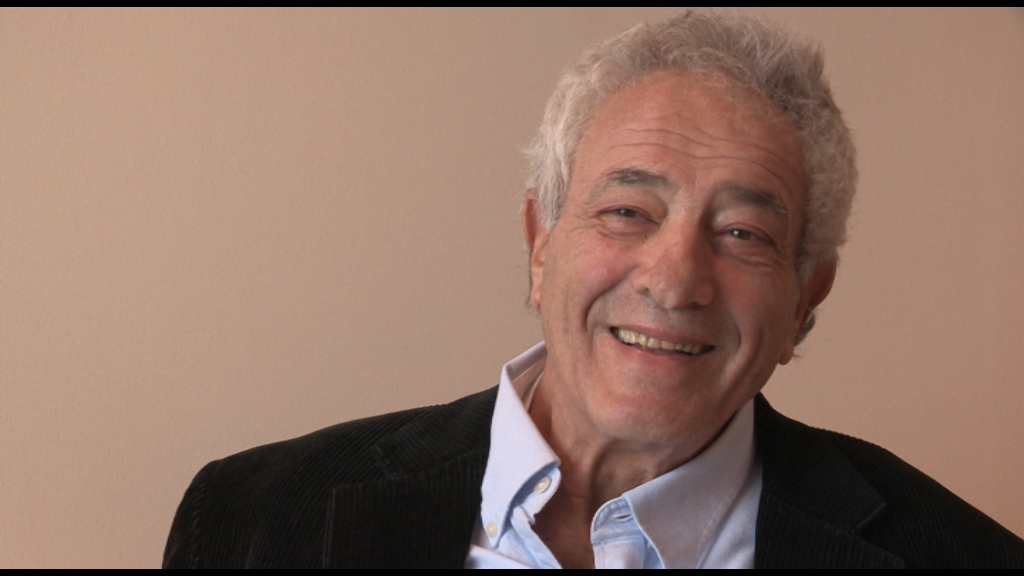NEXT STORY

Politics at Penguin Books
RELATED STORIES

NEXT STORY

Politics at Penguin Books
RELATED STORIES


|
Views | Duration | |
|---|---|---|---|
| 61. 'I have met the enemy and they is us' | 28 | 03:52 | |
| 62. Penguin Books come to America | 18 | 03:00 | |
| 63. Penguin Books and the American mass market | 15 | 04:15 | |
| 64. Moving back to America | 19 | 05:44 | |
| 65. Proud to have saved Penguin Books | 23 | 04:42 | |
| 66. A fondness for Britain | 18 | 03:26 | |
| 67. Politics at Penguin Books | 55 | 07:47 | |
| 68. Tackling Penguin's notion of conformity | 27 | 01:40 | |
| 69. Consolidating Penguin Books | 25 | 07:31 | |
| 70. Of no fixed abode | 22 | 03:21 |


When I came back to England, if that's the right phrase, after years in the United States again after I left Penguin, I bought this ancient company in whose quarters you interview me today, in whose modest, extremely modest, quarters you find me in today – Duckworth –started in 1898 by Virginia Woolf's half-brother, Gerald Duckworth. And I found that a vehicle for myself to revisit a place I'd come to love, which was England and Britain and the United Kingdom.
And I don't know if anybody welcomed me, but I was glad to be back here. And I also realised that no matter how often I came here in the intervening years, it's one thing to come here and not have any work. And you say to your friends, well, what are you doing on this night or that night? And they're sometimes busy, sometimes they're... But if you have come here to work, well, it's entirely different to see you, and a lot of it was to refashion my connection with a country that I loved. And I happened to be born here. That was an accident for which I can take neither credit or discredit; it just happened. But I was very glad that my daughter was born here. I was very proud of that. Proud is the wrong word, but happy about that. I thought she might one day appreciate Britain, and she went to school here for, I think, three years, and... So buying something that was British and on hard times, which I was able to do privately, I got a big bank loan from UBS and set up shop here again. And now I've bought a flat here and… and I even have some private time with an English lady, and... British lady. And all these things are part of feeling something about a place. But I never didn't feel happy about being an American, too. I mean, I think you can have a wife and a mistress. I don't know which one is the wife and which one is the mistress, but it's possible to care about both.
Peter Mayer (1936-2018) was an American independent publisher who was president of The Overlook Press/Peter Mayer Publishers, Inc, a New York-based publishing company he founded with his father in 1971. At the time of Overlook's founding, Mayer was head of Avon Books, a large New York-based paperback publisher. There, he successfully launched the trade paperback as a viable alternative to mass market and hardcover formats. From 1978 to 1996 he was CEO of Penguin Books, where he introduced a flexible style in editorial, marketing, and production. More recently, Mayer had financially revived both Ardis, a publisher of Russian literature in English, and Duckworth, an independent publishing house in the UK.
Title: A fondness for Britain
Listeners: Christopher Sykes
Christopher Sykes is an independent documentary producer who has made a number of films about science and scientists for BBC TV, Channel Four, and PBS.
Tags: Duckworth, Britain
Duration: 3 minutes, 26 seconds
Date story recorded: September 2014-January 2015
Date story went live: 12 November 2015